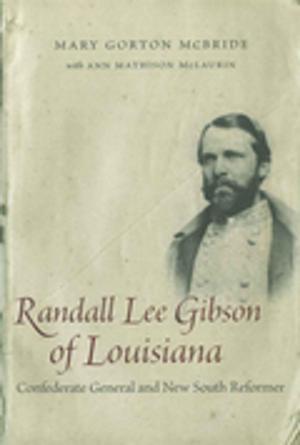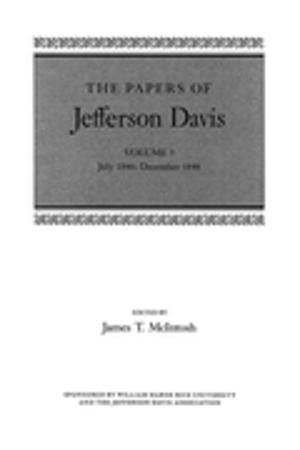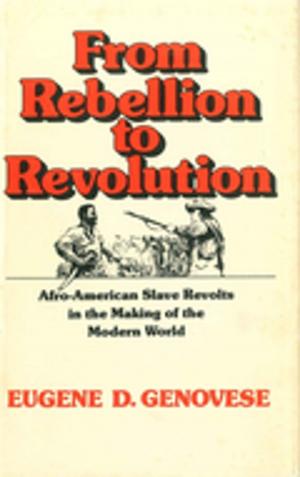Lincoln and McClellan at War
A Novel
Nonfiction, History, Americas, United States, Civil War Period (1850-1877), Military| Author: | Chester G. Hearn | ISBN: | 9780807145548 |
| Publisher: | LSU Press | Publication: | November 5, 2012 |
| Imprint: | LSU Press | Language: | English |
| Author: | Chester G. Hearn |
| ISBN: | 9780807145548 |
| Publisher: | LSU Press |
| Publication: | November 5, 2012 |
| Imprint: | LSU Press |
| Language: | English |
At the beginning of the Civil War, President Abraham Lincoln and his highest-ranking general, George B. McClellan, agreed that the United States must preserve the Union. Their differing strategies for accomplishing that goal, however, created constant conflict. In Lincoln and McClellan at War, Chester G. Hearn explores this troubled relationship, revealing its complexity and showing clearly why the two men -- both inexperienced with war -- eventually parted ways. A staunch Democrat who never lost his acrimony toward Republicans -- including the president -- McClellan first observed Lincoln as an attorney representing the Illinois Central Railroad and immediately disliked him. This underlying bias followed thirty-five-year-old McClellan into his role as general-in-chief of the Union army. Lincoln, a man without military training, promoted McClellan on the advice of cabinet members and counted on "Little Mac" to whip the army into shape and end the war quickly. McClellan comported himself with great confidence and won Lincoln's faith by brilliantly organizing the Army of the Potomac. Later, however, he lost Lincoln's trust by refusing to send what he called "the best army on the planet" into battle. The more frustrated Lincoln grew with McClellan's inaction, the more Lincoln studied authoritative works on military strategy and offered strategic combat advice to the general. McClellan resented the president's suggestions and habitually deflected them. Ultimately, Lincoln removed McClellan for what the president termed "the slows." According to Hearn, McClellan's intransigence stemmed largely from his reluctance to fight offensively. Thoroughly schooled in European defensive tactics, McClellan preferred that approach to fighting the war. His commander-in-chief, on the other hand, had a preference for using offensive tactics. This compelling study of two important and diverse figures reveals how personality and politics prolonged the Civil War.
At the beginning of the Civil War, President Abraham Lincoln and his highest-ranking general, George B. McClellan, agreed that the United States must preserve the Union. Their differing strategies for accomplishing that goal, however, created constant conflict. In Lincoln and McClellan at War, Chester G. Hearn explores this troubled relationship, revealing its complexity and showing clearly why the two men -- both inexperienced with war -- eventually parted ways. A staunch Democrat who never lost his acrimony toward Republicans -- including the president -- McClellan first observed Lincoln as an attorney representing the Illinois Central Railroad and immediately disliked him. This underlying bias followed thirty-five-year-old McClellan into his role as general-in-chief of the Union army. Lincoln, a man without military training, promoted McClellan on the advice of cabinet members and counted on "Little Mac" to whip the army into shape and end the war quickly. McClellan comported himself with great confidence and won Lincoln's faith by brilliantly organizing the Army of the Potomac. Later, however, he lost Lincoln's trust by refusing to send what he called "the best army on the planet" into battle. The more frustrated Lincoln grew with McClellan's inaction, the more Lincoln studied authoritative works on military strategy and offered strategic combat advice to the general. McClellan resented the president's suggestions and habitually deflected them. Ultimately, Lincoln removed McClellan for what the president termed "the slows." According to Hearn, McClellan's intransigence stemmed largely from his reluctance to fight offensively. Thoroughly schooled in European defensive tactics, McClellan preferred that approach to fighting the war. His commander-in-chief, on the other hand, had a preference for using offensive tactics. This compelling study of two important and diverse figures reveals how personality and politics prolonged the Civil War.















